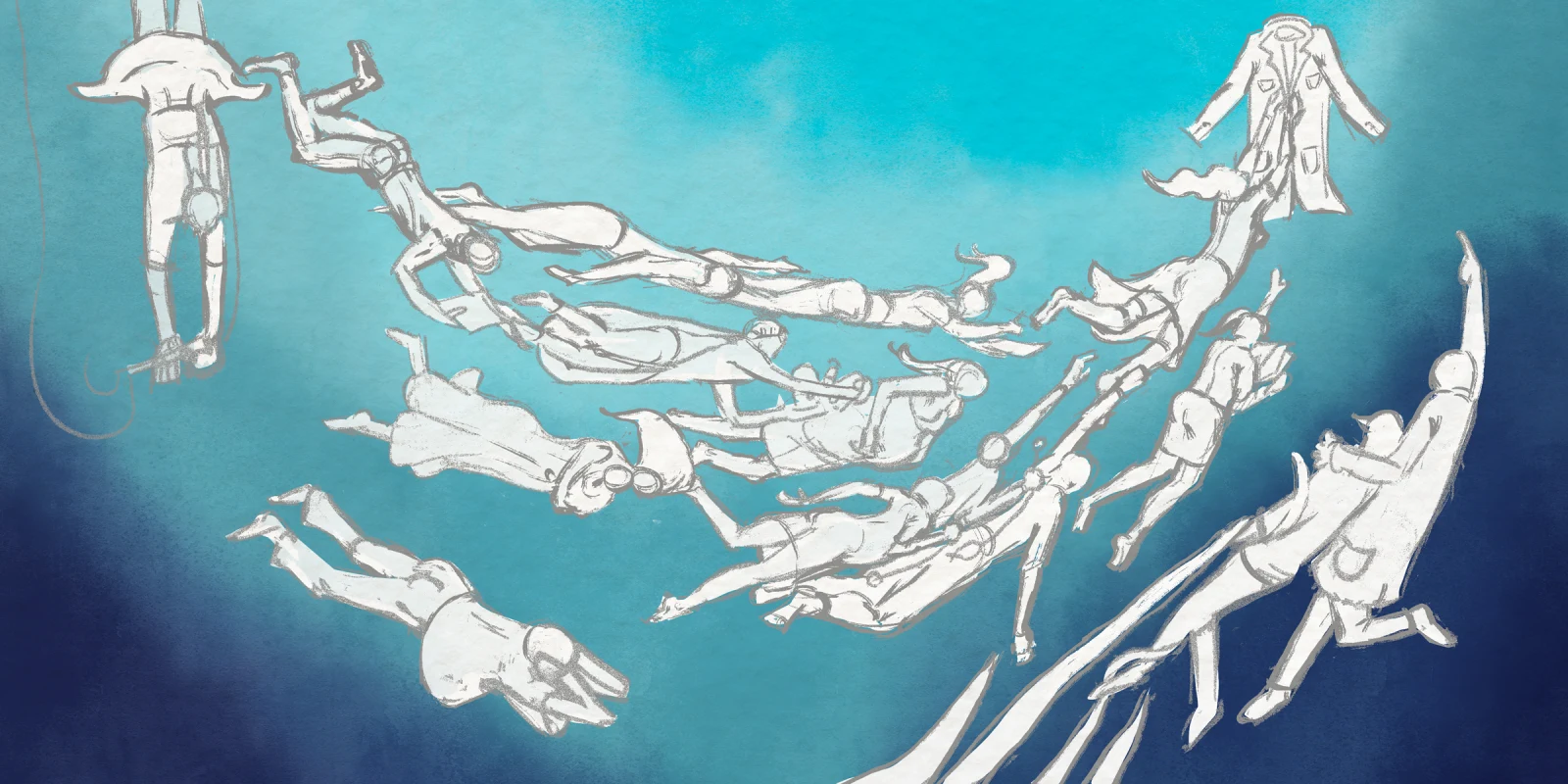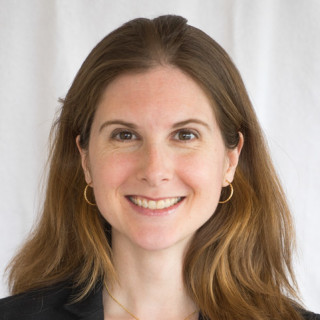The first day of my first clerkship in medical school is still etched in my mind. I tried to prepare as best I could. I bought clogs (waterproof, in anticipation of whatever fluids I might confront), stocked up on extra-large protein bars, and made overnight oats to eat on the hospital shuttle. I read through “Dr. Pestana’s Surgery Notes” and dog-eared relevant pages.
In spite of all my preparation, the initial day was a shock. “I just got a call from the attending that they need help in OR 3,” my new senior resident told me. “You can head down. There’s a scrub machine on the way by the back staircase.” I entered the OR after the case had already started, mumbling my name and that I was a new medical student. All I knew about the patient was “lap chole.” A gruff surgeon placed a laparoscopic camera in my hand, reaching over frequently to adjust it. Finally, he grabbed the camera completely, assuming control of the device once and for all. My existence was barely acknowledged for the rest of the procedure.
The days did get better. Throughout the rest of the year, though, I faced an array of similarly challenging experiences. I often felt unsure of my role — I was both out of place and in the way. Looking back, I’ve come to the conclusion that the clerkship year itself is riddled with problems, and my experience was not atypical.
First and foremost, there is constant pressure to study for the shelf (NBME) exams, which occur at the end of each clerkship. At the same time, there is an expectation that students should spend long hours in the hospital helping with patient care, as well as with administrative tasks (so-called “scut work”). The shelf exams often comprise a significant percentage of the clerkship grade, and one’s score can be the deciding factor that distinguishes one student in each cohort. Doing flashcards and multiple choice questions may benefit a student more in terms of career potential than fully engaging in the day-to-day experiential learning of the clinical environment, assuming that receiving Honors is the main objective. The constant tug of war between studying and caring for patients fosters anxiety, making students feel stuck between a rock and a hard place. Staying late to help the team can backfire if it means less time to review material that will be tested.
This anxiety is heightened by the fact that in many ways, clerkship students are treated as though they’re not an official part of the team. Frequently, there is a shortage of space in the resident workrooms and not enough desktop computers. Medical students are expected to bring their own laptops and sit apart, freeing up room for the more “valuable” team members. Additionally, the rotation start dates for medical students and residents don’t always align, causing students to be out of sync with everyone else. Further, students may rotate with several different seniors, each of whom may have different expectations, giving students less of a chance to demonstrate improvement.
Clerkship year is also hard for another reason: it’s often when medical students first experience critical illness and death up close and on a daily basis. They may witness goals of care conversations, codes, and unexpected, tragic outcomes. Sometimes these are minimized or glossed over, with limited support, time, and space for processing and reflection. I watched one senior glibly tell a student that the patient she had been following had passed away. “Your patient coded overnight,” he said soon after she walked in. “You should pick up someone else on the list.” The student teared up and left the room, ashamed to have become so emotional.
To make matters worse, students may feel as though they aren’t in a position to speak up, as doing so would violate the medical hierarchy and jeopardize their performance evaluation. I encountered uncomfortable situations time and again during my third year. In one instance, my team rudely interrupted a physical therapist as she was working with a patient; my attending didn’t acknowledge her presence as he forged ahead with brusque questioning and a brief exam. I found my attending’s behavior disrespectful and embarrassing, but I didn’t feel comfortable voicing my opinion. On another rotation, I watched an obese woman being transferred from a stretcher to her bed following a surgical procedure. It took multiple attempts to move her as she cried in pain, clearly in distress. “Stop,” she kept saying. “It hurts.” I felt horrible for her, but I didn’t say anything.
The issues with clerkship year have been magnified by COVID-19. With rotations truncated during the pandemic (for example, moving from four weeks to three), there are fewer opportunities for medical students to gain exposure to different fields, and fewer chances to feel like part of the team. The pressure to perform is heightened, giving students the impression that every encounter with patients, attendings, and residents is being scrutinized. Adding insult to injury, medical schools have not adjusted the cost of the third year to account for the limited time on the wards. This breeds frustration, ill will, and a sense of being taken advantage of.
Clerkship year need not be like this. I think there are several easy fixes. To start, aligning the start of rotations for all trainees and making more desktop computers available would do a lot. A less punishing grading system would enable students to be more engaged, and to maximize their time on the wards. Some medical schools have already eliminated shelf exams and I think that others should follow suit. Finally, we need more support mechanisms, including accessible mental health services; students should be given the time and space to process the many emotions that come with challenging encounters, both for their own health and for the health of their patients.
How did you feel about your clerkship year? What would you change or leave the same? Share your suggestions in the comments.
Phoebe Prioleau, MD is a second-year child psychiatry fellow in the Post-Pediatric Portal Program at Children’s Hospital of Philadelphia. Prior to fellowship, she completed pediatrics residency at UH Rainbow Babies and Children’s Hospital in Cleveland, OH. She studied French literature and art history before medical school and has published creative work on Doximity's Op-Med platform, The Living Hand, Annals of Internal Medicine, and The Journal of Medical Humanities, among other places. She has no conflicts of interest to disclose. Phoebe was a Doximity 2019–2020 Fellow and is a 2020–2021 Doximity Op-Med Fellow.
Illustration by Jennifer Bogartz






